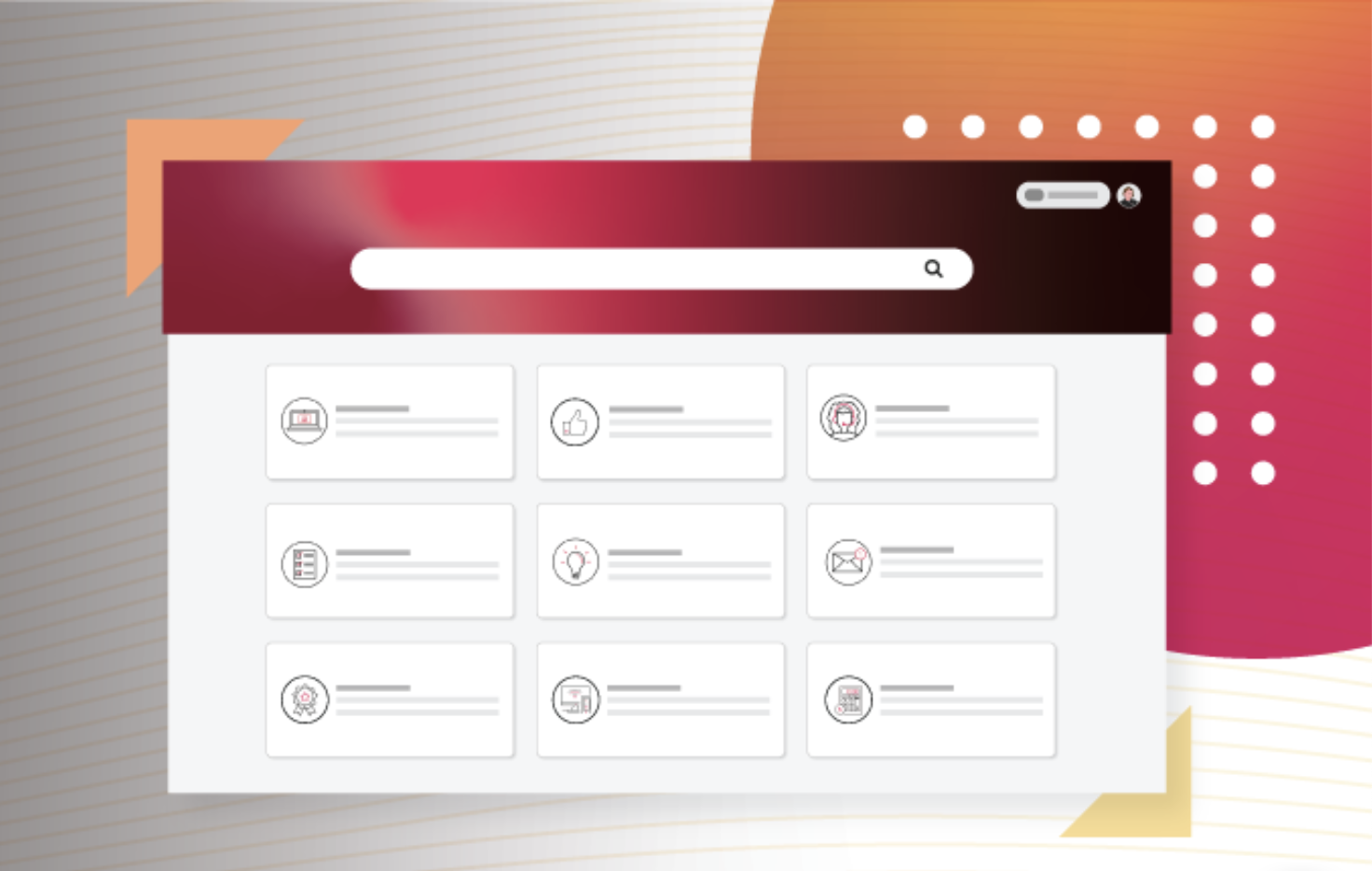3 Simple Tips to Use Scrum for Any Project!
By now, I am sure you have heard that Scrum is great for developing software products. You may have heard that Scrum can also be used for non-software projects, but you may also be unsure how that might work. If you are ready to experiment a bit, here are a few things to try which can help you gain a real-world understanding of how Scrum may help you manage your work more effectively.
#1 – Plan Your Work in Short Increments
Have you ever tried to plan a big project from start to finish, trying to predict every single activity that needs to happen at exact times? How often has your best-guess turn out to be correct? I have a feeling that more often than not, your forecast turned out to be incorrect due to unforeseen circumstances that nobody could have predicted.
This is one of the reasons that Scrum encourages teams to plan and execute work in shorter cycles. Instead of planning for months at a time, see if you can cut that down to 1 month (or 4 weeks). Identify a specific goal that you would like to achieve, as well as all the relevant activities that will contribute to that goal.
#2 – Reflect on Successes and Failures (or Challenges)
Someone once told me that you cannot learn unless you reflect, which makes sense. We cannot learn from our triumphs and failures unless we think about why those events occurred; what contributed to the outcome? Was something done in a unique way that we could leverage again in the future? Or was there a practice that may have led to a better result if we made a minor change? Until we try to relive past experiences, we will not learn how to reproduce the success or avoid the same disappointments.
#3 – Seek Feedback Early and Often
Even if we are super experienced and experts in our field, we often need to make assumptions about certain situations to make progress on a project. When we make assumptions, we inherently take on risk, and the best way to reduce the risk is to validate our assumptions through a feedback loop. Who should we engage to get that feedback? It could be a few sources, including peers, customers, leaders, etc. Anyone who has an opinion that you respect can potentially give you valuable feedback that could help you improve your process as well as your product or solution.
To wrap up this short article, I am hoping that the tips I offered are generic enough to be applied to any type of project. Even if you are remodeling your kitchen, doing a homework assignment with your kids, or building a new prototype tool, these tips could help you improve the end product. So, if you find the right opportunity to apply some of these Agile principles, give it a try and see what you learn!




